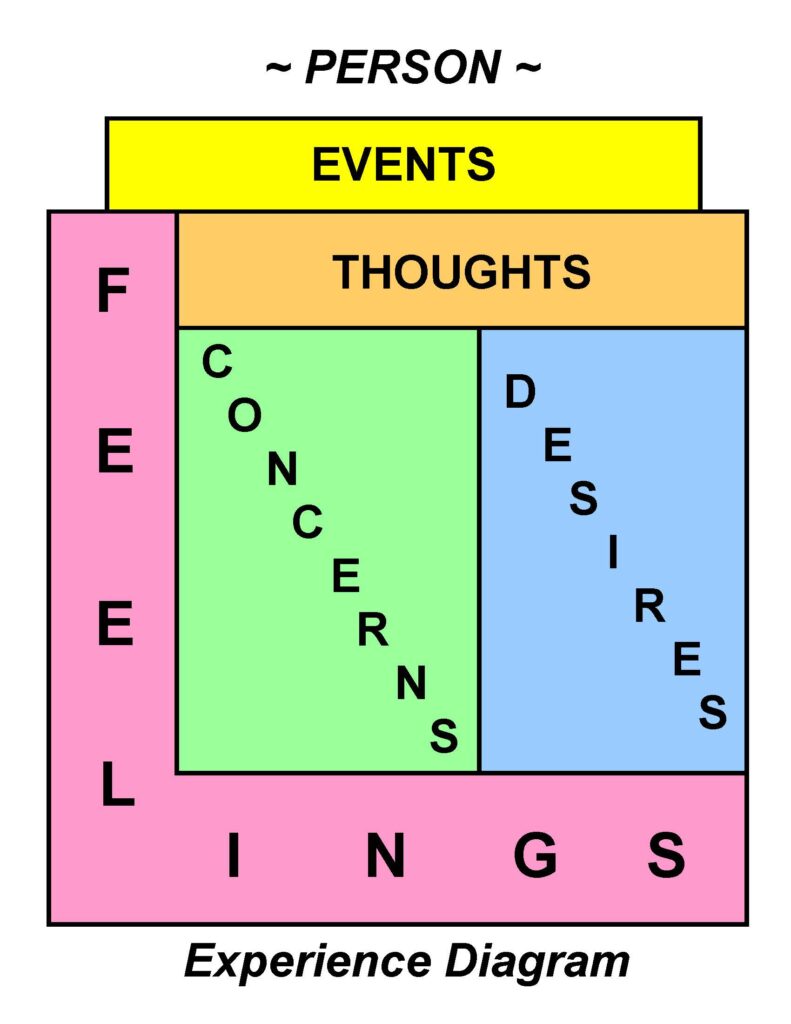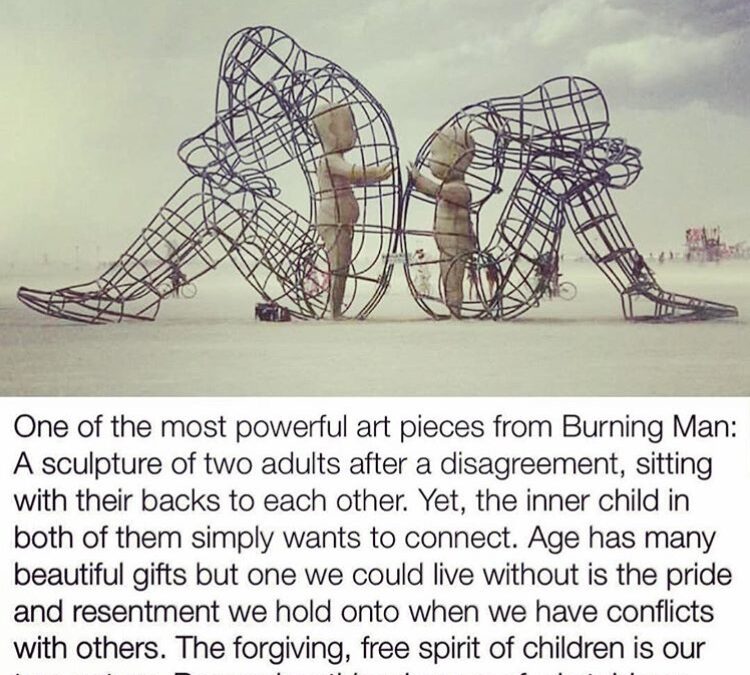Feeling Illiteracy Symptoms
“Makes me feel some type of way” is a growing trend with young people. That statement gives literally NO information about how this speaker is feeling. What it does reveal is #1, that they are emotionally illiterate, or #2, they’re afraid to be vulnerable enough to name their true feeling. Reluctance to sharing true feelings creates emotional distrust and distance.

Feeling illiteracy is a very common condition even among adults. One partner is often more fluent with their feelings, while the other is tongue tied when it comes to expressing feelings. Recognizing and naming feelings is a skill that, like everything else, can be learned.
Create Emotional Connection with Feeling Words
Our marriage coach noticed that Jim had a feeling vocabulary of about 4 words. He was hungry, tired, love you, and mad. She gave him a list of about 200 feeling words to refer to every time we talked about our “hot” issue. He was literate. Jim knew the meaning of all the words. But, he wasn’t used to applying them to his feelings. Within a few weeks he had enlarged his usable vocabulary of feeling words to at least one hundred. This is what he said, “I pick the general category of what I’m feeling. Then, I run down the list and “try on” each feeling word to see if it fits. When I see the feeling word that accurately describes what I’m feeling, I sense it in my gut. Yeah, that’s what I’m feeling!”
Sharing With Accuracy Helps the Listener
It was such a relief to me to hear what Jim was feeling with greater accuracy. “Mad” is too broad a category. I got clearer information with “I’m mildly irritated” or “I’m seething!” Those feeling words gave me a better idea of how a particular issue was affecting Jim. Learn how sharing feelings helped us heal our marriage in our book, How to Stay Married & Love It! or the online course, Millionaire Marriage Club.
Emotional Literacy Eliminates Guessing

As listeners, we use body language, facial expression, tone of voice, etc., to gauge the emotion of the speaker. But those clues can lead us astray. It’s so much easier if the speaker can state with precision how they are feeling and begin sharing true feelings. Amused or Ecstatic? Satisfied or Overwhelmed? Content or Lazy? Irritated or Enraged? Tired or Exhausted? Enamored or Deeply Passionate? Discouraged or Disheartened?
Sharing True Feelings Requires Courage
Sharing an opinion is a relatively safe level of communication. (Unless you know politics or religion are not safe topics around the Thanksgiving table!) Sharing your feelings requires willingness to be exposed at a much more vulnerable level. “I’m feeling some type of way for you” requires much less courage than to say, “I’m feeling attracted to you,” or “I want to get to know you better.” Even in a committed, loving relationship, it can be relatively safe to say “I love you.” But to say “I’m really crazy about you!” Or, “Even after X years of marriage, I still feel butterflies when I see you across the room!”
If someone has done something that hurts you, its easier to accuse with, “You hurt me!” than to confess, “I’m deeply hurt.”
Our Culture’s Communication Comfort Level
Our culture is comfortable with communicating facts, events, opinions, perceptions, assumptions or beliefs. In practice, ALL FIGHTS, DISAGREEMENTS, DIFFERENCES OF OPINION and CULTURAL DIVIDES are communicated on these surface levels. Culturally, we rarely share true feelings, concerns or desires. If two persons who hold opposite opinions about abortion, for instance, get together, they’re going to debate or argue the morality of abortion, perhaps even violently. But if they are vulnerably sharing their true feelings about abortion, the discussion would be far more apt to end with empathy for each other’s positions.
I venture to propose that if the leaders of warring nations got together in one room with a talented communication facilitator, they would eventually feel empathy for each other’s reality and be willing to work at a successful resolution. That actually happened with the Camp David Accords, signed by President Jimmy Carter, Egyptian President Anwar Sadat, and Israeli Prime Minister Menachem Begin in September 1978. It’s tragic that the facilitation of peaceful communication has not been pursued as a functional, successful alternative to war among all nations.
Be Brave. Share Your Feelings!
If you’d like a list of feeling words for kids, go to soaringwithwings.org. If you want a list for yourself and your partner, email me and I’m happy to send you the list that worked wonders for Jim and me! Nancy@nancylandrum.com.
You have my love and support,


